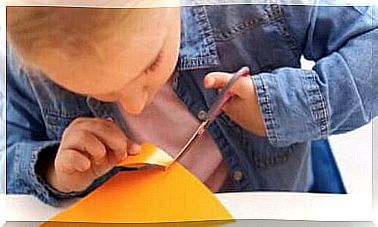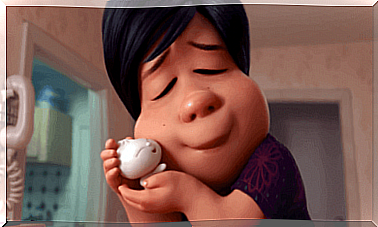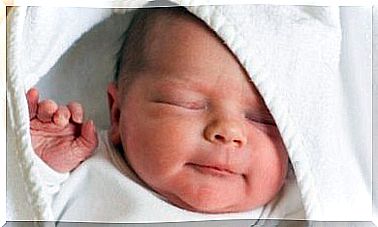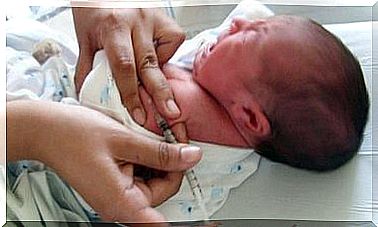How To Identify Highly Sensitive Children
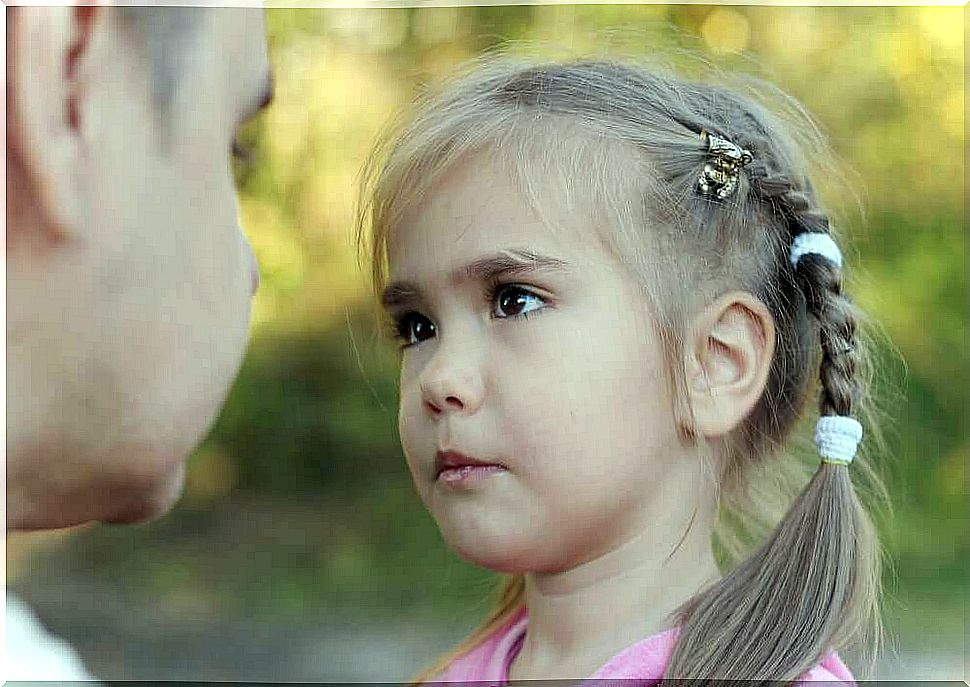
Emotional sensitivity in children tends to cause certain concerns, especially when it occurs at a high level. Sometimes families of highly sensitive children are even afraid that they are dealing with autism or something similar. However, that is not necessarily the case. So read on to learn more about highly sensitive children.
What is high sensitivity in children?
In general, high sensitivity in children simply has to do with a psychological trait with a neurological basis. Doctor and researcher Arthur Aron researched this.
His findings showed that variations in brain regions are involved in conscience and emotions. In very sensitive people, those areas show a greater blood flow than in people with a lower sensitivity.
At the same time, in social-emotional terms, highly sensitive people have a special ability to perceive emotions, both their own and those of others. In the same way, for example, they can appreciate details in reality that the rest of the population overlooks.
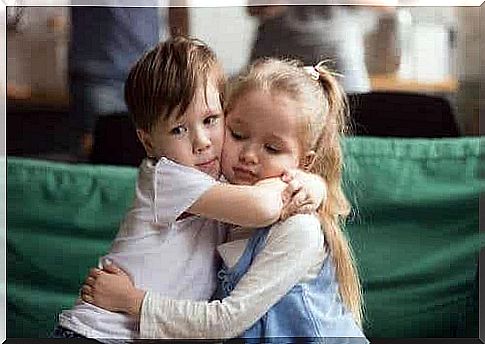
Characteristics of Highly Sensitive Children
Psychologist Elaine Aron is a leading expert on high sensitivity in children. In her book The Highly Sensitive Child she states, among other things, that all highly sensitive children have the following characteristics in common:
- In-depth processing. Children who are highly sensitive process information more deeply than other children, as they exhibit more internal reflection processes.
- Overstimulation or too much excitement. Children with a higher emotional sensitivity are easily overstimulated. This leads to a need for longer rest periods for them.
- Emotional intensity. Social-emotional abilities such as empathy are highly developed in highly sensitive children. As a result, they can appreciate the emotions of others better and more easily.
- Sensory sensitivity. Girls and boys who exhibit high sensitivity receive a greater amount of sensory information. At the same time, they perceive more subtle details.
Along with these characteristics, the personality and temperament these children acquire will then have a major impact on how they react and adapt to the world.

The Spanish Association of Highly Sensitive Professionals also points out some of the key features that distinguish highly sensitive children from those who are not:
- Highly sensitive children have a more highly developed sense of the social-emotional capacity of empathy. This is because their mirror neurons show a greater level of activity than in other people.
- They develop their skills to a greater extent to develop tasks related to creativity and art.
- These children also have greater global awareness related to the unique brain activity of their insula.
Why is it important to detect high sensitivity in children?
Knowing how to recognize high-sensitivity in children at an early stage can help prevent future disorders related to children’s self-image and self-concept.
It allows us to teach children to understand themselves and this psychological trait… and therefore to manage and accept it as part of their personality. In short, they will learn to live with it as best they can.

